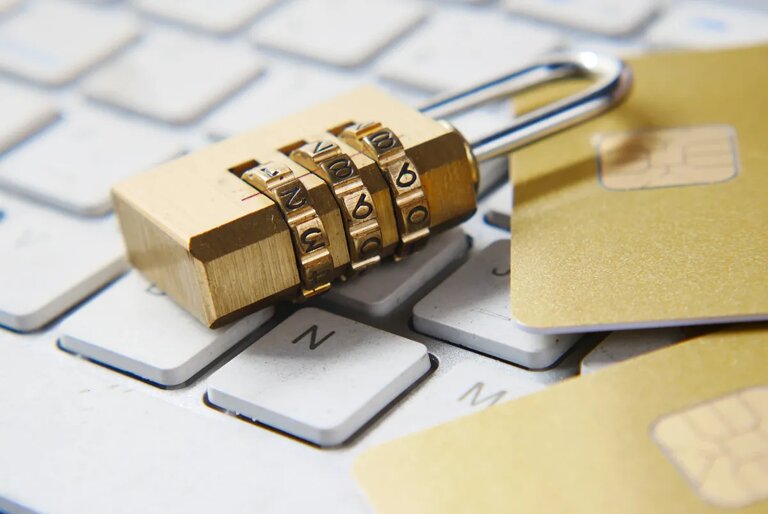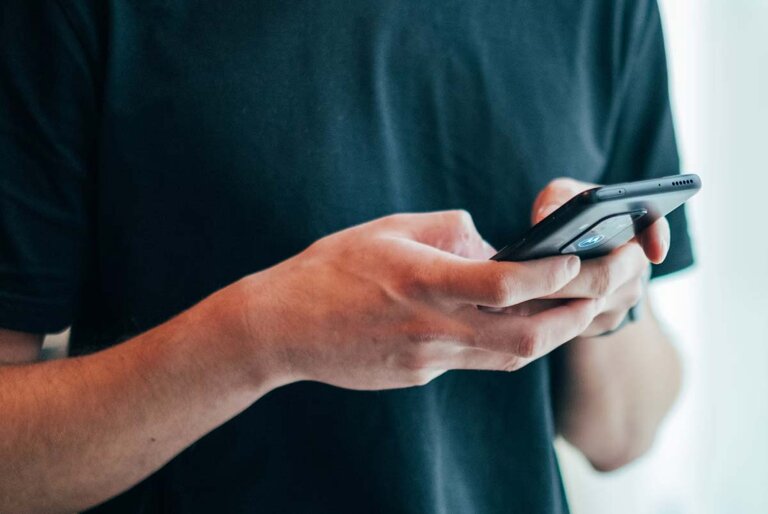As we become more reliant on the internet for many things, it’s now more important than ever to protect our online accounts.
A strong password is our first line of defense, but with data breaches happening regularly (compounded by the advancement of tools used by hackers), it’s becoming increasingly difficult to secure our information. One solution is to use a passphrase.
A passphrase is a sequence of words, numbers, and symbols used for authentication that takes the place of traditional passwords. It is usually longer, easier to remember, and more difficult to crack.
Passphrase vs Password
The main advantage of using a passphrase over a traditional password is its length and complexity. A longer and more complex passphrase is much harder for an attacker to guess or crack than a short, simple password.
Additionally, a passphrase can be easier to remember, reducing the risk of someone writing it down or using the same password for multiple accounts.
Here are some examples of a complex passphrases:
| What they mean | Passphrase |
| Top secret password with caps and symbols | t0pS3cr3t#Pa$$w0rdW1thC@p5&Symbols! |
| Coffee lover 1st thing every morning | C0ffeeL0v3r#1stThingEveryM0rning! |
| Green thumb garden lover | Gr33nThumb#Gard3nL0v3r |
| Read novels book worm | R3adNovels#B00kW0rm |
| Hike the trail nature lover | Hik3Th3Trail#Natur3L0v3r |
You might also like: This is how long it takes hackers to crack your passwords
Tips for creating a strong passphrase
Here are a few tips for creating a strong passphrase:
- A passphrase should be at least 14 characters long. The longer the passphrase, the more secure it is.
- A strong passphrase should have a mix of upper and lowercase letters, numbers, and symbols.
- Avoid using personal information, such as your name, address, or date of birth, in your passphrase.
- Don’t reuse passphrases across multiple accounts. If one account is compromised, all of your accounts will be at risk.
To help you develop passphrases that you can easily remember, use keywords from personal stories or memories specific to you.
Image: Towfiqu Barbhuiya from Unsplash



